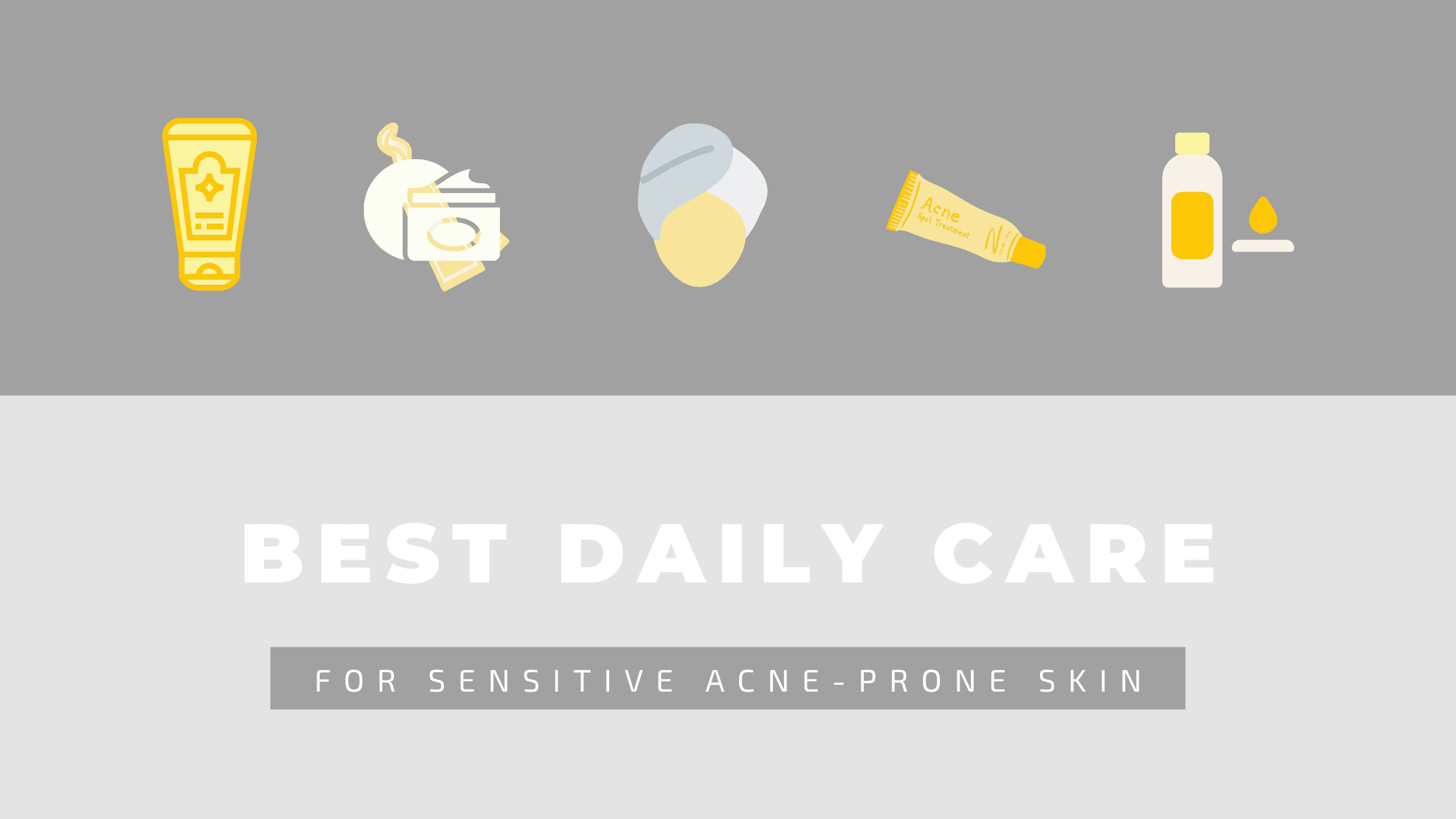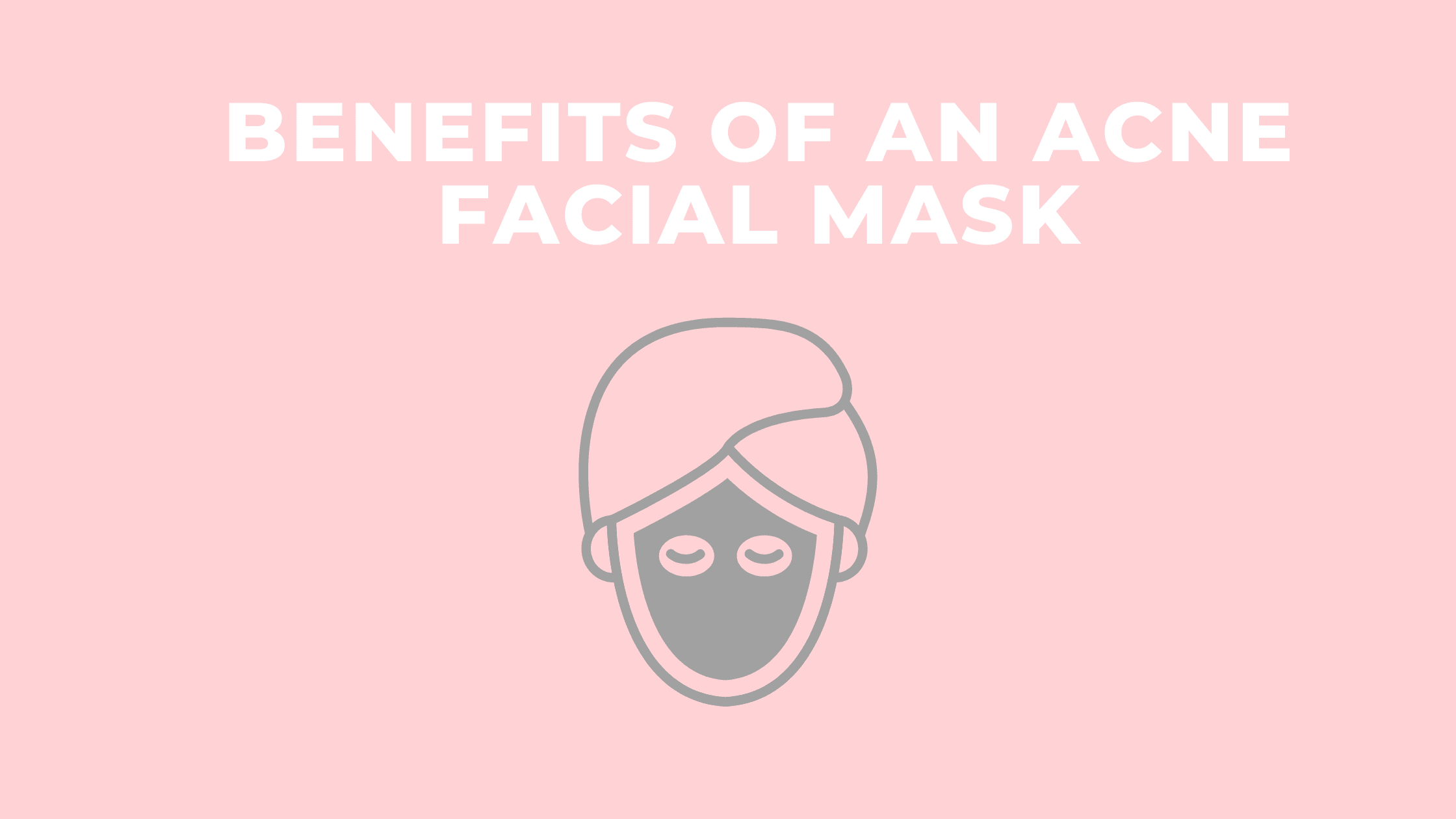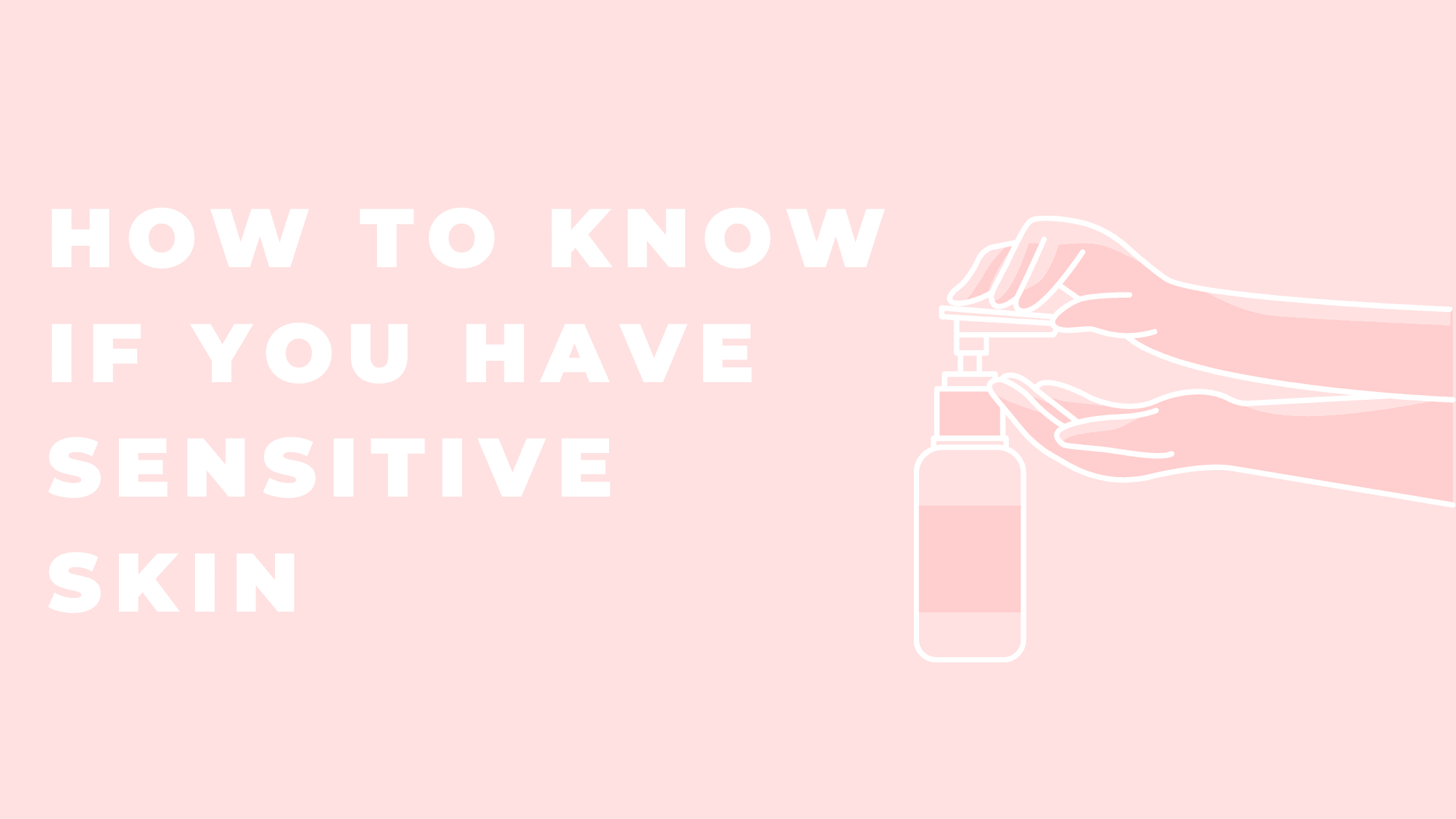
Best Daily Care for Sensitive Acne Prone Skin
Whether you're fortunate to only experience pimples on rare occasions, or it's a constant battle to get clear skin, you're probably wondering if it's even possible to get rid of them. What's worse, is they seem to flare-up at the most inappropriate time, when you have a big event to attend and are very stressed. Whether you're an adult or teen, it's time to relax, learn the easy steps to finally clean up and prevent breakouts on your sensitive acne prone skin.
Common Triggers for Acne Flare-Ups
We're not sure what the cause of acne is, but dermatologists agree certain factors can trigger breakouts. Your mood and nutrition along with your skin care routine all affect acne.
- Hormones play a huge trigger for acne flare-ups. The oil glands become stimulated during puberty by the male hormones in the adrenal glands of both girls and boys. Over-activity of the oil glands of the skin cause blocked skin pores, leading to acne.
- Experts have not found a relationship between diet and acne. However, a low glycemic, healthy diet may help minimize problem skin. Overloading on sugary snacks and drinks will exacerbate unhealthy skin and acne. Nutritious diet with protein and lots of vegetables does help promote healthy skin.
- Another common trigger for acne flare-ups is stress. Pay attention to what your stress buttons are and set up road blocks to manage them. Exercise routines, watching funny movies, and reading a good book can all help with your stress triggers. If you've been prescribed medication to manage depression or stress, your acne may be a side effect. Check with your doctor to learn more about the side effects of drugs you have been prescribed.
- Using irritating skin care or makeup that clog pores, can also cause over production of oil glands, making your acne worse.
- Improper cleaning of your skin can lead to unhealthy skin. This can include washing or scrubbing too often. Many falsely believe you need to clean often to get rid of acne. Using irritating products with fragrance or sulfates in your cleansers with harsh ingredients are not recommended either, and can impact acne.
Skincare Routine for Acne, Recommended by Dermatologists
Besides drugs that your doctor may recommend or over-the-counter medications, there are simple solutions you may want to try first:
- Most dermatologists recommend cleansing with a product that contains salicylic acid. However, many are finding this common aspirin ingredient to be highly irritating. Use a gentle sulfate-free cleanser that is formulated for your skin type, either for dry, oily or combination skin.
- Alpha-hydroxy acids (glycolic acid, lactic acid) in toner without alcohol can help minimize and heal breakouts.
- Stick to a low-glycemic diet. This helps prevent over production of oil and release of male hormones into your blood stream.
- Wash your face no more than twice a day. Use a gentle oil-free face and body wash cleanser that is free of harsh soap or detergent ingredients such as sodium lauryl sulfate (SLS).
- Use cool or warm water to rinse, after cleansing your face or showering, never hot.
- Pat to dry your skin, never rub.
- Never squeeze acne or it may spread and leave a scar.
- Moisturize with an oil-free moisturizer that will not clog pores (non-comedogenic). Moisturizing oily skin is important to keep skin's natural hydration and keeping your skin smooth and healthy.
- Remove dead cells that accumulate on your skin with a weekly gentle exfoliating scrub. This allows healthy cells to rise to the surface, helping to clear away breakouts soften your skin and helps pores to be free of excess oil and dead cells.
- A mineral based concealer for sensitive skin will help cover up and hide acne during healing.



Leave a comment
This site is protected by hCaptcha and the hCaptcha Privacy Policy and Terms of Service apply.